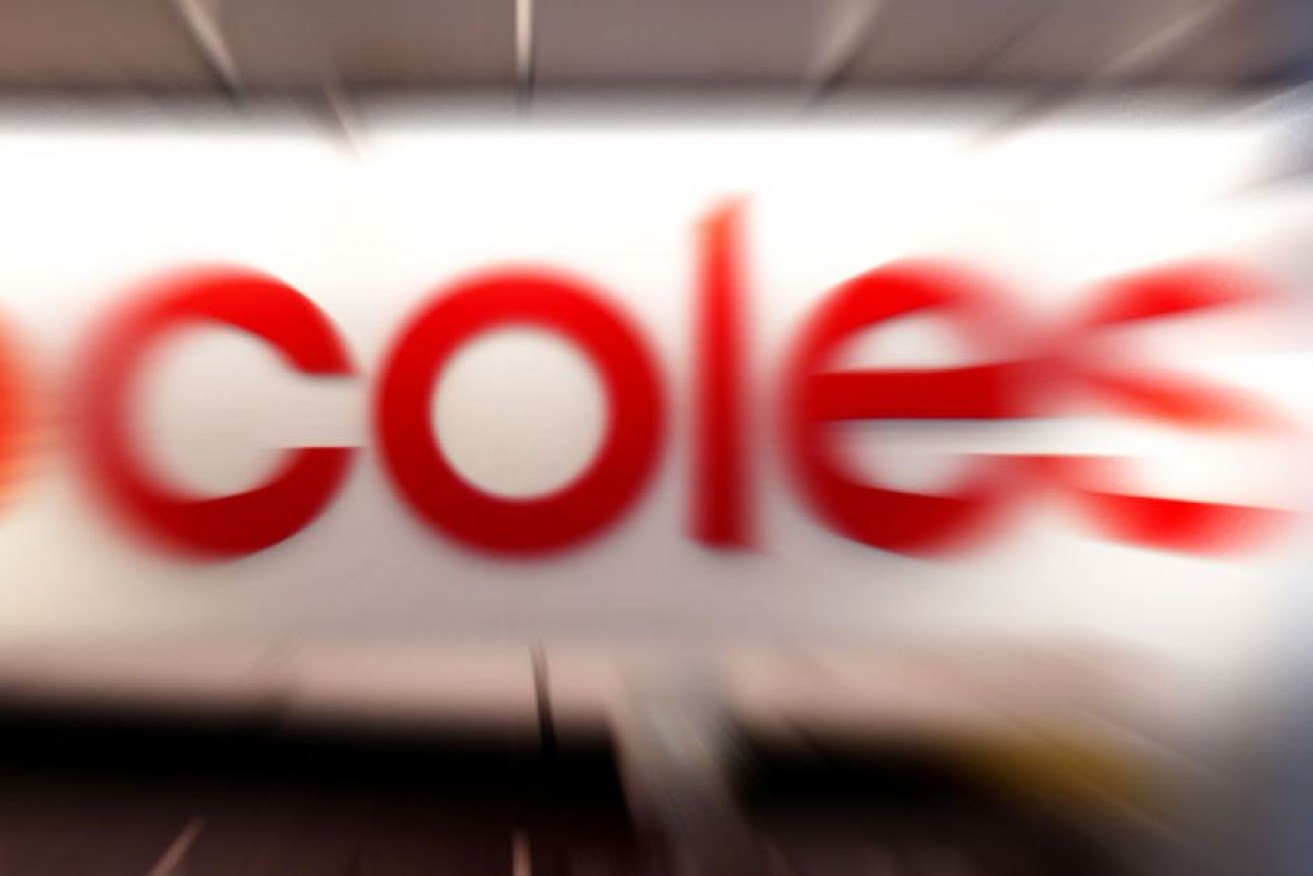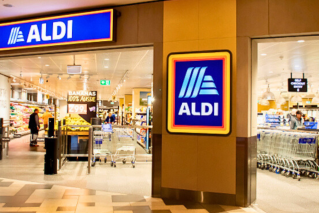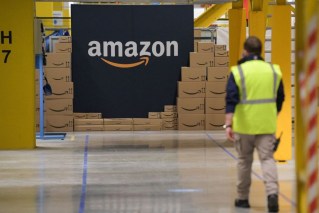Wesfarmers decision to offload Coles linked to the arrival of Amazon Fresh


Coles, the biggest of Wesfarmers' subsidiaries, will list on the ASX.
Coles is set to become an independent company after parent Wesfarmers announced plans to drop the supermarket chain from its portfolio of household names.
The announcement comes at a time of intense competition in the supermarket industry, with one analyst telling The New Daily the imminent arrival of competitors like Amazon Fresh and Kaufman influenced Wesfarmers’ decision to offload the supermarket chain.
The news – a huge deal for Australian business because Wesfarmers is one of the biggest companies on the Australian Stock Exchange – was met with rapture by investors, who rushed to buy the stock, sending the share price rocketing.
The plan still requires shareholder approval, but assuming it gets it, Coles will become its own listed company on the ASX, and one of Australia’s top 30 most valuable public companies in its own right.
It will be owned by Wesfarmers’ existing shareholders, who will receive shares in the new company in proportion to their Wesfarmers holdings. No new shares will be put up for sale, making the ‘de-merger’ a much simpler, more predictable process than an ‘initial public offering’.
Wesfarmers will hold a stake in the new company of up to 20 per cent.
The new Coles will have its own chief executive, Stephen Cain, who is currently chief executive of Metcash, which owns IGA.
Speaking on Friday, Wesfarmers managing director Rob Scott said: “When we acquired Coles in 2007 it was a broken business in need of repair. In the decade since then we’ve seen a great turnaround.”
He said Coles had developed “strong investment fundamentals” and was “of a scale where it should be operated and owned separately”.
He went on: “A demerger of Coles will facilitate greater focus by Wesfarmers on growth opportunities within its remaining businesses and the pursuit of value accretive transaction.”
The Amazon effect
Nathan Cloutman, senior industry analyst at IBISWorld, said he was initially “pretty surprised” by Wesfarmers’ announcement.
“But when you look more into it, it makes sense. Last year Coles accounted for 60 per cent of investment, but only 34 per cent of earnings,” he said.
And he said Coles’ relatively poor return on capital would likely only get worse.
“If you think about supermarkets in the future, you’ll have Amazon Fresh, Kaufmann, Costco. And you’ve already got Aldi. It’s a highly price-competitive industry, and it’s only going to get more competitive.”
The financial nitty gritty, of you’re interested
While Coles is the single biggest company in the Wesfarmers family, which includes Bunnings Warehouse, Kmart, Target and Office Works, it is also one of the weakest in two key business metrics: return on capital and revenue growth. Kmart and Bunnings in particular dwarf Coles in both these.
‘Return on capital employed’ is a measure of the percentage of earnings generated from investments in the business. Last year Coles returned 9.7 per cent on capital employed.
Bunnings, meanwhile, returned 30 per cent, while Kmart and Target together returned 24 per cent.
Those figures are deceptive however. While Bunnings may have returned a higher percentage than Coles, in real terms Coles is still more profitable.
Last year, Coles brought in $1.9 billion in earnings before tax, compared to Bunnings’ $1.2 billion. But it took Coles four times as much capital as Bunnings to generate that income ($16.4 billion to $4.1 billion).
In other words, while Bunnings may be less profitable for Coles, it is a much, much better bang for Wesfarmers’ buck.
And then there’s revenue growth. Over the last four years, Bunnings’ revenue has grown by 77 per cent. Coles’, meanwhile has grown by less than 10 per cent.
By de-merging Coles, Wesfarmers will lose 80 per cent of the profits generated by the supermarket chain. However, it will also shed all the risks associated with such a capital intensive business.








